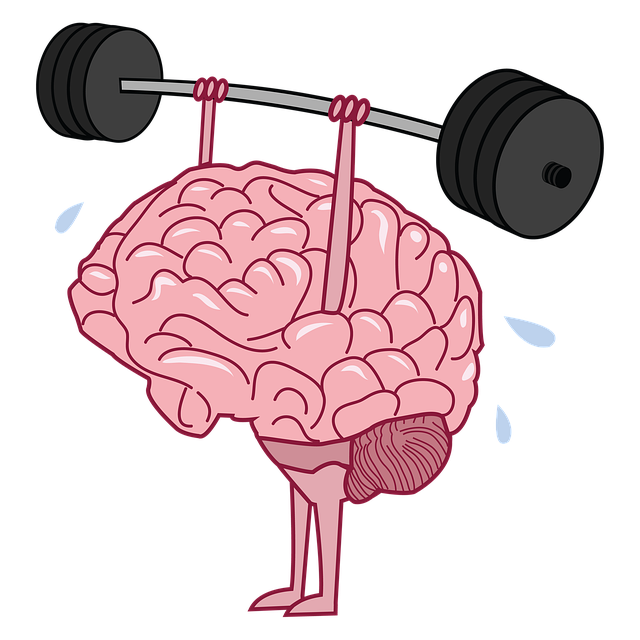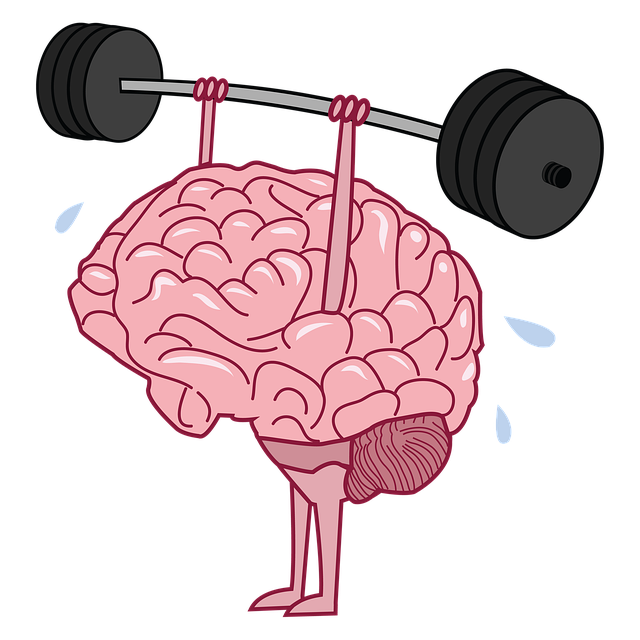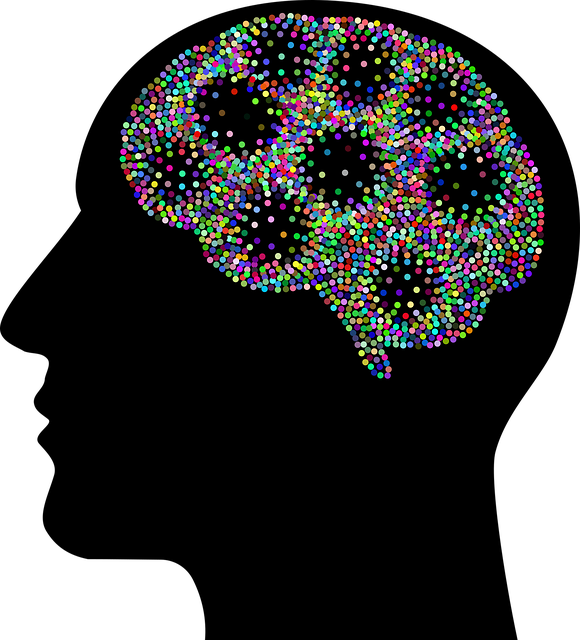Golden Terminal Illness Therapy (GTIT) provides a safe and empathetic space for individuals dealing with loss, grief, or bereavement, empowering them through counseling, self-reflection, and communication strategies. This revolutionary approach, focusing on mental health education, journaling exercises, and active listening, helps clients navigate their unique grief journeys with enhanced coping mechanisms and improved well-being. By addressing these issues proactively, GTIT enables individuals to cope with loss, reduce stigma, and move towards healing.
Loss, grief, and bereavement counseling are vital services that support individuals navigating emotional turmoil after a significant loss. This article explores these complex topics and highlights the need for professional guidance. We delve into understanding loss and its impact on mental health, introducing innovative approaches like Golden Terminal Illness Therapy for healing. Additionally, we explore effective strategies in grief counseling, emphasizing empathy, active listening, and coping mechanisms to foster resilience during challenging times.
- Understanding Loss, Grief, and Bereavement: The Need for Supportive Counseling
- Golden Terminal Illness Therapy: A Unique Approach to Healing
- Effective Strategies in Grief Counseling: Empathy, Active Listening, and Coping Mechanisms
Understanding Loss, Grief, and Bereavement: The Need for Supportive Counseling

Understanding loss, grief, and bereavement is paramount as they are profound emotional experiences that can significantly impact an individual’s mental health and overall well-being. Loss can stem from various sources, including the passing of a loved one due to terminal illness, separation from a significant relationship, or even the ending of a cherished chapter in life. Each type of loss evokes unique grief reactions, making it crucial for individuals to seek supportive counseling when needed.
Grief is a complex process that often involves feelings of sadness, anger, confusion, and isolation. It can be overwhelming, leading to potential burnout for healthcare providers and caregivers who offer support. Golden Terminal Illness Therapy provides a safe space for individuals to navigate these emotions, fostering positive thinking and the development of a self-care routine essential for better mental health. By addressing grief and bereavement proactively through counseling, individuals can find strength to cope with loss and move towards healing.
Golden Terminal Illness Therapy: A Unique Approach to Healing

In recent years, a unique and innovative approach to healing has emerged in the field of mental health—the Golden Terminal Illness Therapy (GTIT). This therapeutic method offers a fresh perspective on managing grief and bereavement by focusing on the inherent power of self-reflection and communication. GTIT recognizes that facing terminal illnesses or loss can be a profoundly transformative experience, encouraging individuals to explore their emotions, thoughts, and relationships through specialized techniques.
The therapy is meticulously designed to empower clients with mental health education programs that foster understanding and resilience. It incorporates practical communication strategies tailored to help people express their feelings and connect more deeply with themselves and others. Furthermore, GTIT integrates mental wellness journaling exercises to provide guidance in processing emotions and gaining insights, enabling individuals to navigate their grief journeys with enhanced coping mechanisms and improved mental well-being.
Effective Strategies in Grief Counseling: Empathy, Active Listening, and Coping Mechanisms

In the realm of loss, grief, and bereavement counseling, establishing a supportive and empathetic environment is paramount to offering effective Golden Terminal Illness Therapy. The process begins with active listening—a powerful tool that allows counselors to understand the unique journey of each individual. By attentively hearing their stories, concerns, and emotions, counselors can provide tailored support. Empathy serves as a bridge, fostering a sense of connection and validation, which is crucial for those navigating the complex terrain of grief.
Additionally, introducing coping mechanisms is an integral part of the counseling process, focusing on enhancing mental wellness. These strategies empower individuals to manage their emotions during crises, ensuring they have tools to navigate the challenging path ahead. Crisis intervention guidance, often incorporated into public awareness campaigns development, plays a vital role in promoting understanding and destigmatizing the discussion around bereavement, thereby encouraging those in need to seek help.
In navigating the complex landscape of loss, grief, and bereavement, professional counseling plays a pivotal role in healing. The article has explored these profound emotions and emphasized the importance of supportive therapy, particularly highlighting Golden Terminal Illness Therapy as a unique and effective approach. By employing empathy, active listening, and teaching coping mechanisms, as discussed, counselors can foster a sense of understanding and resilience among those dealing with profound loss. This tailored support is crucial in helping individuals transform their grief into a manageable process, allowing them to find solace and move forward.














